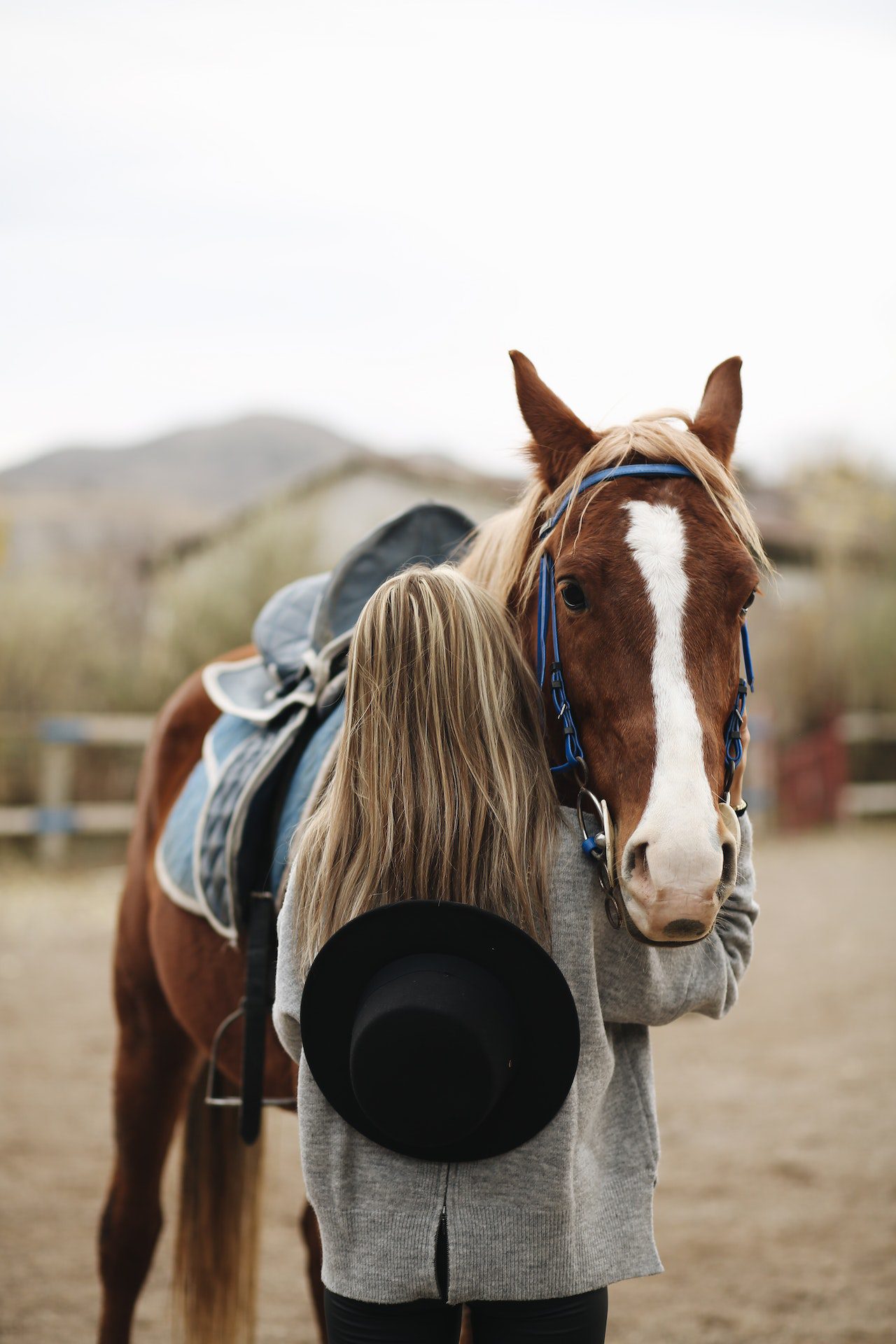Some of the American West's most spectacular trails take riders to elevations of 10,000 feet or more. The most obvious effect on our bodies of such altitude is the shortness of breath caused by...

Some of the American West’s most spectacular trails take riders to elevations of 10,000 feet or more. The most obvious effect on our bodies of such altitude is the shortness of breath caused by thinner air, but a more subtle one is dehydration, a major cause of the syndrome known as Acute Mountain Sickness. It is important to prevent dehydration while trail riding at high altitudes.
Both you and your horse need to stay hydrated to prevent dehydration, and one simple indicator of dehydration is urine color. Although other factors can enter in, for the most part relatively clear urine tends to go with hydration, while dark yellow tends to indicate dehydration. Worse, urine that appears tinged with red or pink against the snows of high altitude suggests serious dehydration, which can be a cause of Acute Mountain Sickness.
To prevent dehydration, drink plenty of water while riding the high trails, and offer plenty to your horse. But don’t overdo it. Over-hydration, evidenced by the need for very frequent rest stops and by nearly clear urine, can be a problem, as well, since it can wash essential salts and minerals from your system. Your horse knows better ? he usually won’t drink more than he needs.
For riders, I like the Military Army Steel Camping ARCTIC Canteens, available unused from many surplus suppliers and on Amazon.com. Originally designed to keep liquids from freezing, these double-wall canteens can be used to keep liquids hot, as well. Uncovered, they slip nicely into saddlebags, but they can be purchased with canvas covers. Or, if you wish to hang them on your saddle, have a leather-worker make a custom cover for you.
Happy top-of-the-world trails!